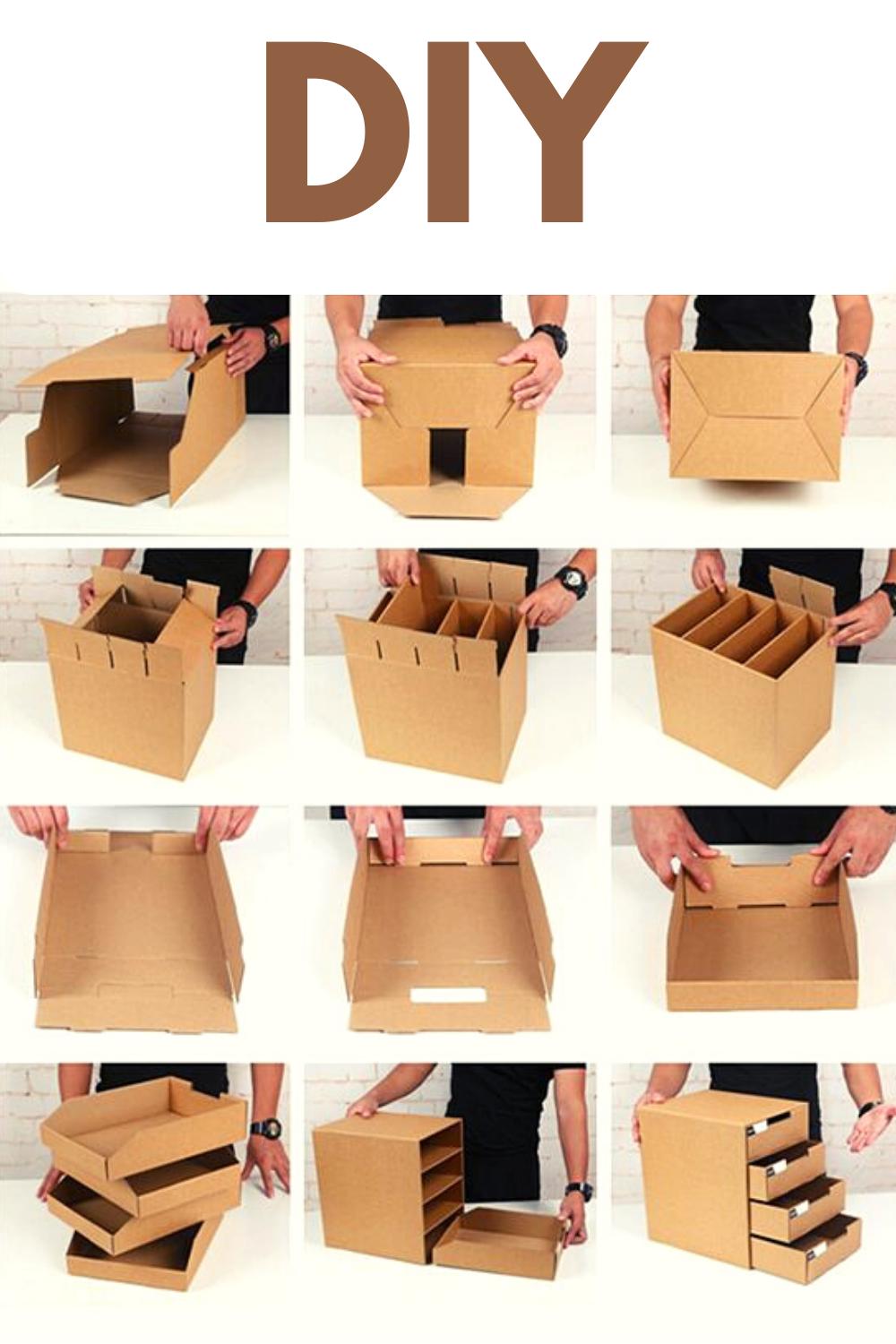
Puzzles with over a thousand pieces are most challenging. They often use similar-coloured pieces as well as small repeating patterns and occasionally unusual shapes. They can be overwhelming and instill fear, joy, or even terror. They can take many hours, or even days, to solve. This is why many people like them.
How to organize a puzzle jigsaw
A few steps are necessary to organize a collection of jigsaws puzzles. Your first step is to get rid of all unnecessary items. This means donating or selling puzzles that you no longer want. You can sell your puzzles on sites such as eBay and Craigslist. You can also sell puzzles that are missing pieces or not wanted by your family. It is a good idea to give the puzzles to a family member or friend who will appreciate them.
Sorting your pieces can help you organize your puzzle. Your puzzle pieces can be sorted by shape, color, or texture. Once you have sorted your pieces you can arrange them in sections. When you're done with the puzzle, put them in the right frames.

One section at a given time
It helps to focus on one section at time and keep you motivated to solve it. If you are stuck, you can always move on to the next section by focusing on one section at time. This will allow you to see the rest of the pieces.
You will find it easier to solve a good puzzle when you look at a photograph. This will give a clear idea of where each piece is located. Other clues to look for include the beginnings and ends of lines. Some puzzles are made up almost entirely of writing, which can be difficult to figure out. It's much easier to solve this type of puzzle if you have pictures. You can use different font styles and sizes.
Working with repetitive forms
It can be difficult to work with repetitive shapes when solving hard puzzles. This is especially true if the puzzle has pieces that are between two blocks and is composed of only one-colored blocks. When you're working with this type of puzzle, you can start by sorting your pieces by shape. Next, search for holes in which you can put the most number of shapes candidates. A piece that has two knobs adjacent may be able to fit in an empty space.
Working with solid colours
People who are good at putting pieces together jigsaw puzzles in solid colors will love these puzzles. You need to pay close attention to shape, size, and fit when working with solid-colored puzzles. The most difficult puzzles involve gradients, which are a combination of one color and another.

You should arrange a single-colored puzzle according to its shape, color, texture. If pieces are the same color as each other, you might try to sort them by color shade or their area.
Working with optical illusions
While some optical illusions may be entertainment, others can test your mind's cognitive abilities. Optical illusions can be used for both entertainment and learning. You can find many new puzzles on the internet, which require you to concentrate your attention in order to solve difficult problems.
For example, one popular optical illusion involves perception fading. This is when a visual picture fades out of view because the resolution of peripheral vision is lower than that at the center. This forces the brain's ability to reconstruct the outer flanks by using what it has gathered from the center. In this process, the nervous system tries to find structure and order in the world around us.
FAQ
How much does a hobby cost you?
The only thing that costs less than a hobby is time. But it could take years to achieve what you want if you are serious about it.
However, there is something that can help. It's called 'passion.' If you have passion for whatever it is you do, you will find it easier to put in the hours required to make progress.
You may become addicted to the activity once you have put in enough hours. This is where the real fun begins. Because you are enjoying what you are doing and are constantly improving. By the end of the year you'll have probably made a lot of progress.
Don't be too concerned about how long it takes. Try it! You might just surprise yourself!
How can I find a hobby for myself?
You might feel as though you don't have a choice when you first start your quest for a hobby.
You might be thinking "I'm not very creative" or "I am terrible at sports" or even "I don’t know anything”.
You probably have plenty of experience and knowledge to use when you are looking for hobbies.
It's just that you haven't realized it yet.
Take a look around your house. How much stuff do you own?
Do you have any old toys lying around?
Perhaps you have a collection.
Perhaps you have always wanted to be a chef.
Or maybe you'd really like to start playing guitar again.
Whatever your hobby, it's possible to make it a hobby.
The key is to see that you already have many experience to draw upon.
You will find a hobby you love once you have it.
What are some good hobbies for seniors to do?
Senior citizens should have fun activities that they enjoy doing. Senior citizens should be active and participate in other activities.
They may want to join clubs that allow them to meet others with similar interests. They will feel less lonely as their age.
Senior citizens should keep up to date with the latest trends. They could be interested in fashion, art, music and literature.
What are educational hobbies?
An educational hobby is an activity where you learn something by doing it. This could include anything from learning to play an instrument to playing sports.
It should be enjoyable and fun for you. You don't have to do it all the time, but if you find yourself getting bored, then you need to think about what else you could be doing instead.
These activities could end up costing you far more than what you pay for.
Statistics
- The intensity of the dialogue partners' bond at the end of the forty-five-minute vulnerability interaction was rated as closer than the closest relationship in the lives of 30 percent of similar students. (time.com)
- In comparison, men in the “no humor” condition were refused 84.6% of the time and were only accepted 15.4% of the time. (time.com)
- A new survey by Pew Research Center of teens ages 13 to 17 finds that 36% of girls feel tense or nervous about their day every day; 23% of boys say the same. (pewresearch.org)
- I am 100% biologically a woman (discover.hubpages.com)
- Studies show that just six minutes of reading can reduce stress levels by 60 percent. (oberlo.com)
External Links
How To
How to find the right hobby for you
Ask yourself some questions to find out if your hobby is right.
-
Do I enjoy doing it?
-
Does it give me pleasure?
-
Is this something I'd like to do even as I age?
-
Am I good at it?
-
Can I improve?
-
Would I recommend it?
-
It can bring me happiness.
-
It will help me relax.
-
It will make me feel better about my self?
-
Do I get to learn skills that will be useful later in my career?
-
It could allow me to make new friends.
-
Can it let me express my creativity?
-
It will it give me the chance to learn new things?
-
It will give me confidence.
-
It will it give me a sense achievement?
-
Will it lead to financial success?
-
Is it possible to travel with it?
-
It will allow me to travel new places.
-
Do you think it will motivate me to exercise?
-
Will it encourage me to work harder and do I feel inspired?
-
Can it motivate me and help me succeed?
-
What activities will I be required to do?
-
Can it be a challenge?
-
Will it be exciting?
-
It keeps me fit.
-
Will it save money?
-
It will it lower stress levels?
-
Will it prevent boredom?
-
Do you think it will help me save time?